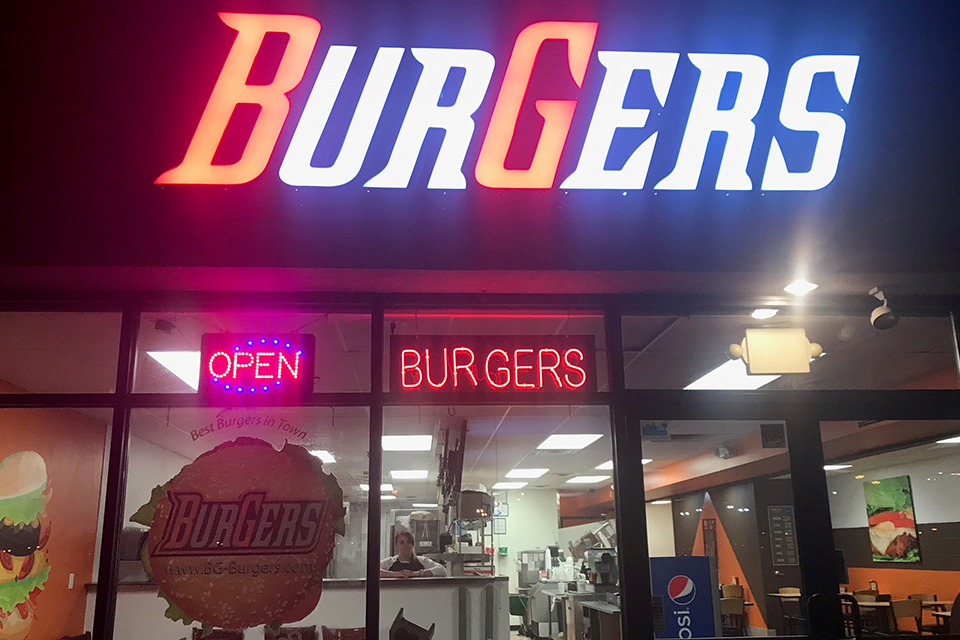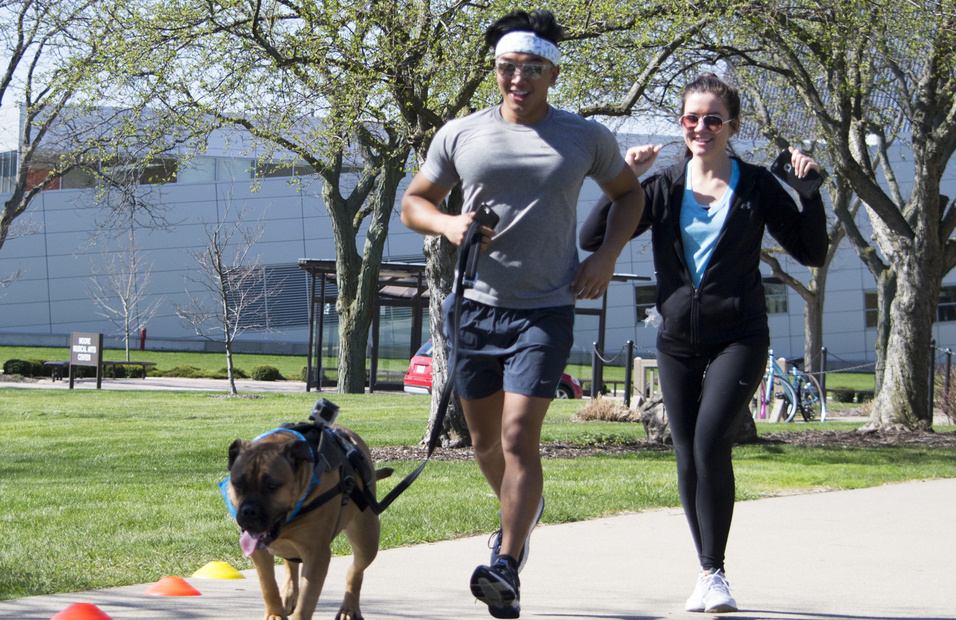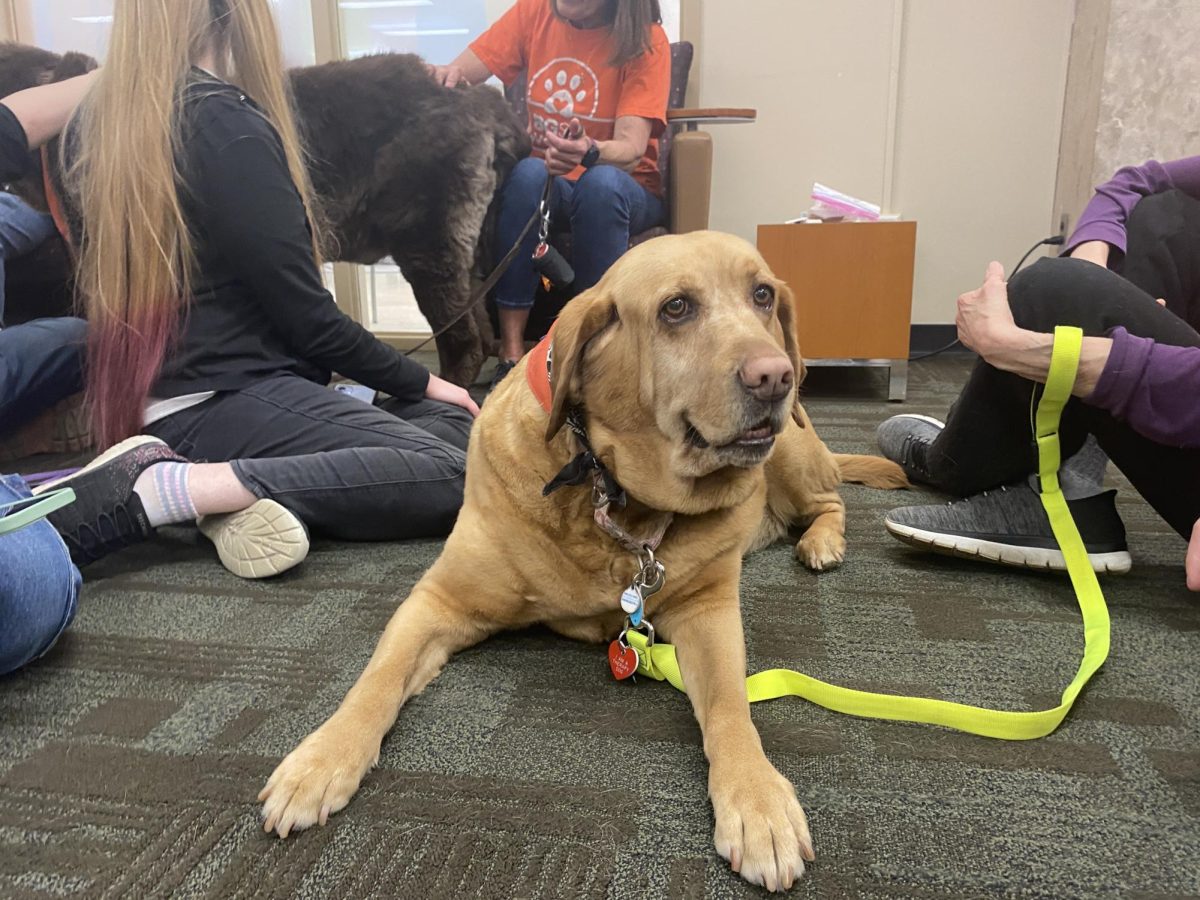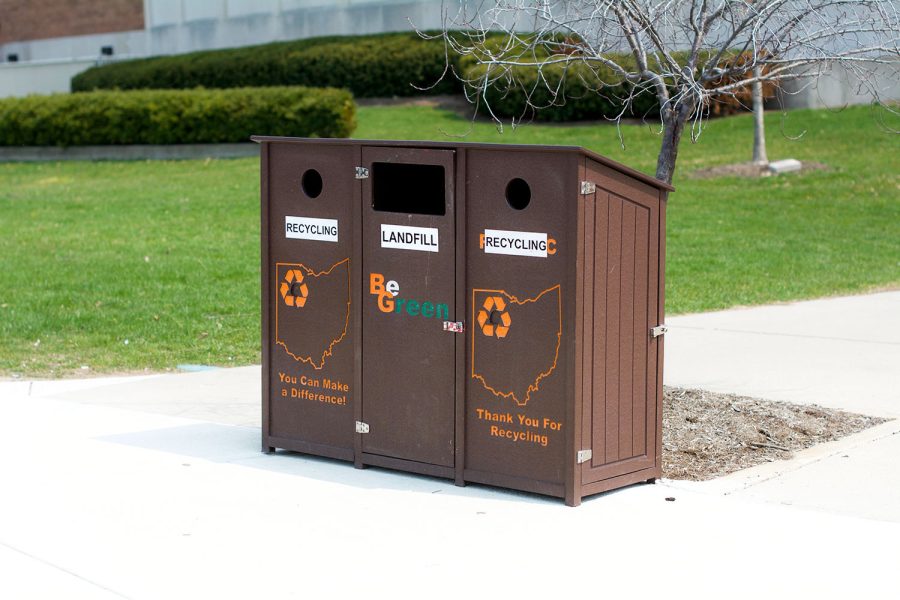For nearly 15 minutes Tuesday night, members from People Against the National Defense Authorization Act, Occupy BG and the Libertarian Party tried to convince city council members to change their views regarding PANDAA’s recently proposed resolution,
The group was supported by a crowd of about 15 people, but originally planned for 100 to 150 people to attend the meeting.
Even with the lobby visitations, city council’s stance was not swayed. It chose not to introduce legislation against some provisions of the National Defense Authorization Act.
Freshman Daniel Johnson, founder of PANDAA, proposed a resolution to city council at its Feb. 6 meeting to claim the act unlawful and prohibit any city official to cooperate with a military investigation or detention of a student or citizen. Council members had two weeks to consider the resolution but had doubts on whether council could nullify a federal law.
The proposed ordinance wouldn’t stop a military investigation, but would give the city legal ground to sue the government and have the detained citizen returned, Johnson said.
The Constitution is being challenged by federal legislation that is “insidious and seeks to deprive us of right,” sophomore Ian Zulick said at the meeting.
In an email to members of council and Johnson, Mayor Richard Edwards said the students may have forgotten how the framework of government works. Edwards later said a more appropriate action would have been to contact Ohio’s senators instead of pushing at city council.
Johnson disagreed and said approaching the senators may not have been the best option because of the overwhelming support they showed for the NDAA.
PANDAA also has the backing of four constitutional lawyers: Stewart Rhodes, founder of Oath Keepers; Blake Filippi, of the Rhode Island Liberty Coalition; Robert Owens, a constitutional lawyer in Columbus; and one law professor at the University who wished to remain anonymous.
While council members disagreed with PANDAA’s approach to the matter, they respected the group members’ passion and activism.
Senior Daniel Gordon, First Ward incumbent, said he hopes that even with the outcome, the students will return to city council in the future with other concerns.
John Zanfardino, Second Ward incumbent and council president, said he didn’t think the ordinance was entertainable and it was too broad to nullify the act.
There are different ways of looking at it, Zanfardino said. At one angle, people could see the government struggling in the fight against terrorism, and at the other, people might see dystopia, where people are dragged out of cities.
Even with the results, Johnson said PANDAA won’t be deterred.
“The strategy is to sit tight and wait for our fundraising organizations to weigh in on what strategy is next,” Johnson said. “This is just the start, not the end.”
In the future, PANDAA will work to become a campus-recognized organization and continue to reach out to other organizations, he said.













